DVD Review: Kenji Mizoguchi – The Masters of Cinema Series Collection
Cinema really doesn’t get any better than this!
By Spencer Lloyd Peet
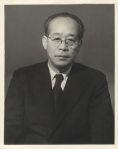 When Akira Kurosawa’s masterpiece, Rashomon, won the Golden Lion Award at the Venice Film Festival back in 1951, the floodgates flung open and an appreciation for Japanese cinema on a global scale was assured making the aforementioned filmmaker the most popular with Western audiences.
When Akira Kurosawa’s masterpiece, Rashomon, won the Golden Lion Award at the Venice Film Festival back in 1951, the floodgates flung open and an appreciation for Japanese cinema on a global scale was assured making the aforementioned filmmaker the most popular with Western audiences.
On equal par with Kurosawa, but somewhat lesser known to mainstream audiences in the West, is the magnificent director Kenji Mizoguchi (1898-1956)…
Although the majority of his films are referred to as tragedies, as a viewer, one is not left feeling downbeat or disgruntled but rather in awe of a master whose skills within his chosen field are unprecedented to which his creations have left a lasting impression. Many of his films have been lost or destroyed, but what has survived can easily be classed as an exceptional body of work.
And now, available for the first time in the UK and lavishly presented by Eureka! as part of the Master of Cinema series, comes eight classic Kenji Mizoguchi films for you to own on DVD. Each collection comprises of two films: Sansho Dayu/Gion Bayashi (Sansho the Bailiff/Gion Festival Music), Chikamatsu Monogatari/Uwasa Onna (A Tale from Chikamatsu/The Woman in the Rumour), Ugetsu Monogatari/Oyu-Sama (Tales of the Rain and Moon/Miss Oyu) and Akasen Chitai/Yokihi (Red Light District/Imperial Concubine Yang).
Mizoguchi was a feminist filmmaker. His films are character driven and are represented from a woman’s perspective in a male dominated society. Prostitution almost always features in his films, a subject he knew only too well being a frequent participant in the pleasures of such ladies. But his understanding and sympathy towards his subject matter is what makes him unique among his contempories.
He is also renown for his long shots allowing the audience time to absorb the splendour of each scene which he meticulously sets up.
It is generally accepted that among these eight films, Sansho Dayu and the ghost story, Ugetsu Monogatari, are his magnum opuses; I would also include Gion Bayashi among these – a brilliant depiction of the changing world of the courtesan in the 1950’s that easily outshines Memoirs of a Geisha (2005) to which an obvious comparison can be made.
Each collection comes with a beautiful reversible sleeve with reproductions of the original Japanese posters and is accompanied by a lavish book, averaging 56 pages – Sansho Dayu/Gion Bayashi total 80 pages.
Within the contents are many wonderful black and white stills and behind the scenes photographs (many with the director himself), as well as full cast and crew credits, essays from reputable authors and extracts from Mizoguchi and Japan by Mark Le Fanu; one of the few books published on the life and work of the great man.
Special features include restored high-definition transfers, original trailers with English subtitles and video discussions with filmmaker and critic Tony Rayns who also provides an audio commentary for Akasen Chitai.
Experience the culture and customs of Japan through the films of Kenji Mizoguchi. Cinema really doesn’t get any better than this.
First published in TV Film Memorabilia August 2008
Released by Eureka! Entertainment Ltd









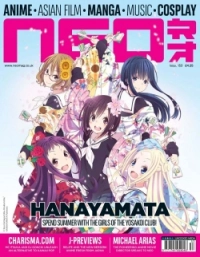
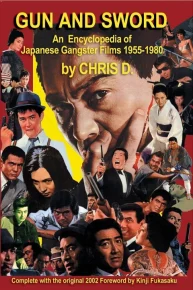
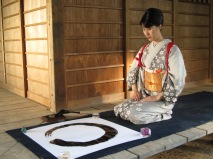
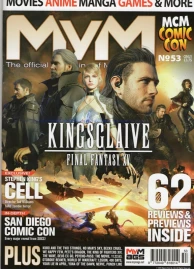


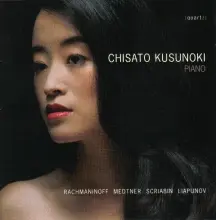

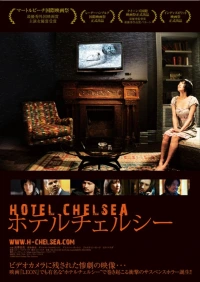

My, my. Life-sustaining stuff here.
LikeLike
Thanks for your comment! I just love these films and recommend them to anyone who has an interest in film. Mizoguchi truly was a master filmmaker!
LikeLike